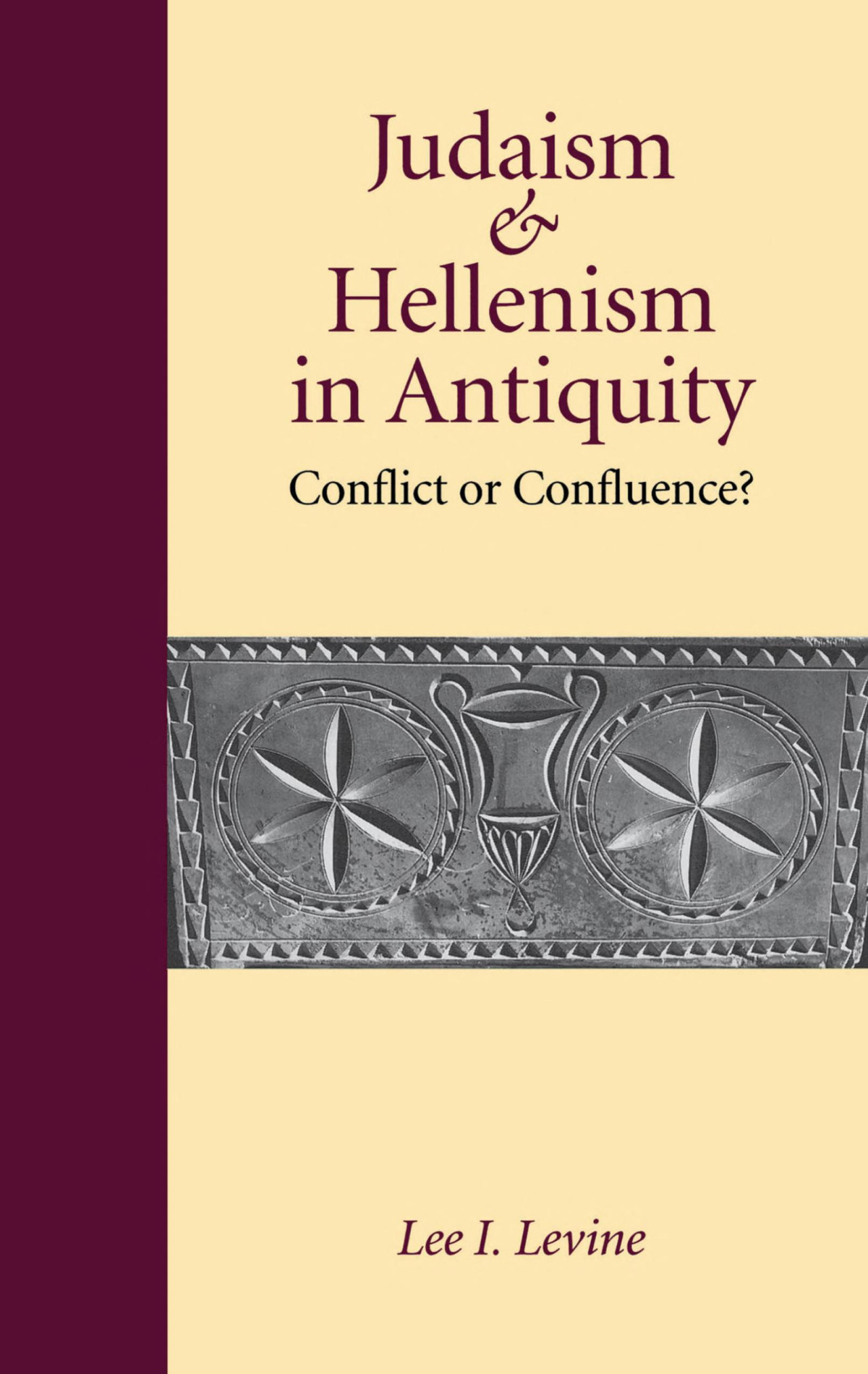

Most ebook files are in PDF format, so you can easily read them using various software such as Foxit Reader or directly on the Google Chrome browser.
Some ebook files are released by publishers in other formats such as .awz, .mobi, .epub, .fb2, etc. You may need to install specific software to read these formats on mobile/PC, such as Calibre.
Please read the tutorial at this link: https://ebookbell.com/faq
We offer FREE conversion to the popular formats you request; however, this may take some time. Therefore, right after payment, please email us, and we will try to provide the service as quickly as possible.
For some exceptional file formats or broken links (if any), please refrain from opening any disputes. Instead, email us first, and we will try to assist within a maximum of 6 hours.
EbookBell Team

0.0
0 reviewsGenerations of scholars have debated the influence of Greco-Roman culture on Jewish society and the degree of its impact on Jewish material culture and religious practice in Palestine and the Diaspora of antiquity. Judaism and Hellenism in Antiquity examines this phenomenon from the aftermath of Alexander�s conquest to the Byzantine era, offering a balanced view of the literary, epigraphical, and archeological evidence attesting to the process of Hellenization in Jewish life and its impact on several aspects of Judaism as we know it today.
Lee Levine approaches this broad subject in three essays, each focusing on diverse issues in Jewish culture: Jerusalem at the end of the Second Temple period, rabbinic tradition, and the ancient synagogue. With his comprehensive and thorough knowledge of the intricate dynamics of the Jewish and Greco-Roman societies, the author demonstrates the complexities of Hellenization and its role in shaping many aspects of Jewish life�economic, social, political, cultural, and religious. He argues against oversimplification and encourages a more nuanced view, whereby the Jews of antiquity survived and prospered, despite the social and political upheavals of this era, emerging as perpetuators of their own Jewish traditions while open to change from the outside world.